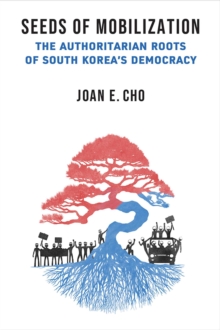
Electoral Reform and the Fate of New Democracies : Lessons from the Indonesian Case Hardback
by Sarah Shair-Rosenfield
Part of the Weiser Center for Emerging Democracies series
Hardback
Description
When and why do democratic political actors change the electoral rules, particularly regarding who is included in a country’s political representation?
The incidences of these major electoral reforms have been on the rise since 1980.Electoral Reform and the Fate of New Democracies argues that elite inexperience may constrain self-interest and lead elites to undertake incremental approaches to reform, aiding the process of democratic consolidation.
Using a multimethods approach, the book examines three consecutive periods of reform in Indonesia, the world's largest Muslim majority country and third largest democracy, between 1999 and 2014.
Each case study provides an in-depth process tracing of the negotiations leading to new reforms, including key actors in the legislature, domestic civil society, international experts, and government bureaucrats.
A series of counterfactual analyses assess the impact the reforms had on actual election outcomes, versus the possible alternative outcomes of different reform options discussed during negotiations.
With a comparative analysis of nine cases of iterated reform processes in other new democracies, the book confirms the lessons from the Indonesian case and highlights key lessons for scholars and electoral engineers.
Information
-
Available to Order - This title is available to order, with delivery expected within 2 weeks
- Format:Hardback
- Pages:244 pages, 1 map, 26 black & white charts, 25 tables
- Publisher:The University of Michigan Press
- Publication Date:30/07/2019
- Category:
- ISBN:9780472131501
Information
-
Available to Order - This title is available to order, with delivery expected within 2 weeks
- Format:Hardback
- Pages:244 pages, 1 map, 26 black & white charts, 25 tables
- Publisher:The University of Michigan Press
- Publication Date:30/07/2019
- Category:
- ISBN:9780472131501










